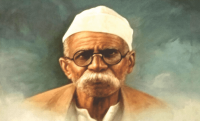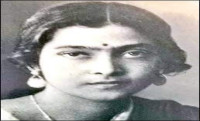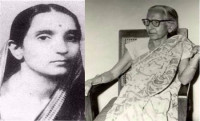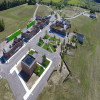Some lines on contribution of Tilka Manjhi in the revolution of india
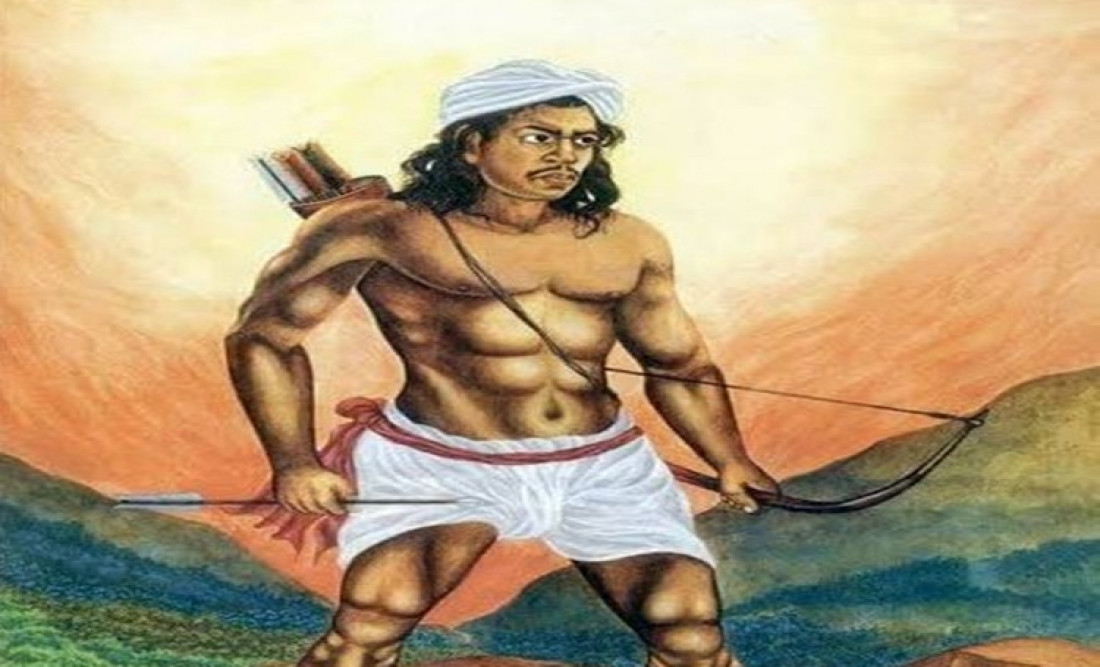
About 80 years before the revolt of 1857, a war had broken out against the British rule from the forests of Bihar. The spark of this war was ignited by a tribal hero, Tilka Manjhi who was one of the first revolutionaries of the Indian freedom struggle in real sense.
Tilka Manjhi had always seen the British looting their forests and atrocities on their people. The land, agriculture and forests of the poor tribals were occupied by the British government. Slowly, Tilka started raising voice against it. He waged a war against injustice and slavery. Tilka Manjhi used to address the local people's meetings in Bhagalpur to arouse the national spirit. He used to inspire people to unite for the country by rising above caste and religion.
When there was a famine in the year 1770, Tilka looted the treasury of the British rule and distributed it among the common poor people. Due to these noble deeds and the flame of rebellion, more tribals joined them and the Santhal movement started. He made frequent attacks on the British and their sycophantic feudal lords and every time Tilka Manjhi won.
In the year 1784, he attacked Bhagalpur and climbed a palm tree and shot and killed the British collector on horseback with his poison arrow made from local resources. The entire British Government was shocked by the death of the Collector. He did not even dream that any common tribal living in the forests could do such a thing.
The English army put in full force, but they could not capture Tilka. In such a situation, he used his oldest policy, 'Divide and rule'. His policy worked and a traitor informed the British about Tilka's whereabouts. The British attacked Tilka's hideout in the night but the brave Tilka escaped and continued his war against the British. In such a situation, the British laid siege to the mountains and stopped all aid reaching them.
Because of this, Tilka Manjhi had to fight from the mountains due to lack of food and water and one day he was caught, on 13 January 1785, he was hanged from a banyan tree.

Manoj Bhiva
Manoj Bhiva is a dedicated writer who loves to write on any subject. Manoj Bhiva maintains a similar hold on politics, entertainment, health, abroad articles. Manoj Bhiva has total experience of 3 years in web and Social. Manoj Bhiva works as a writer in Wordict Post.
A 4.4 magnitude earthquake that struck Northern California only caused minor damage.
Posted on 14th Sep 2022

Congresswoman Alma Adams from North Carolina is found to have COVID-19
Posted on 15th Aug 2022
